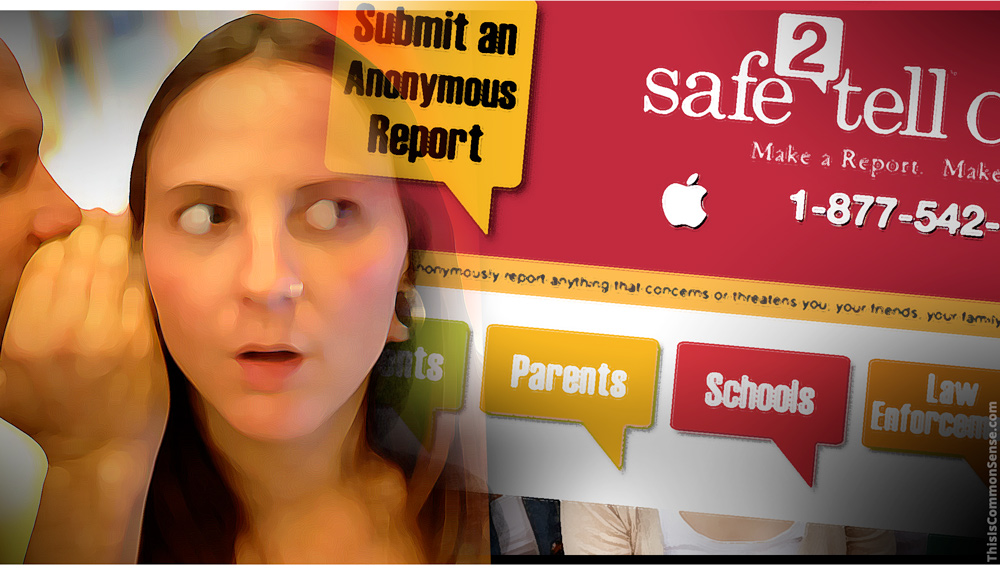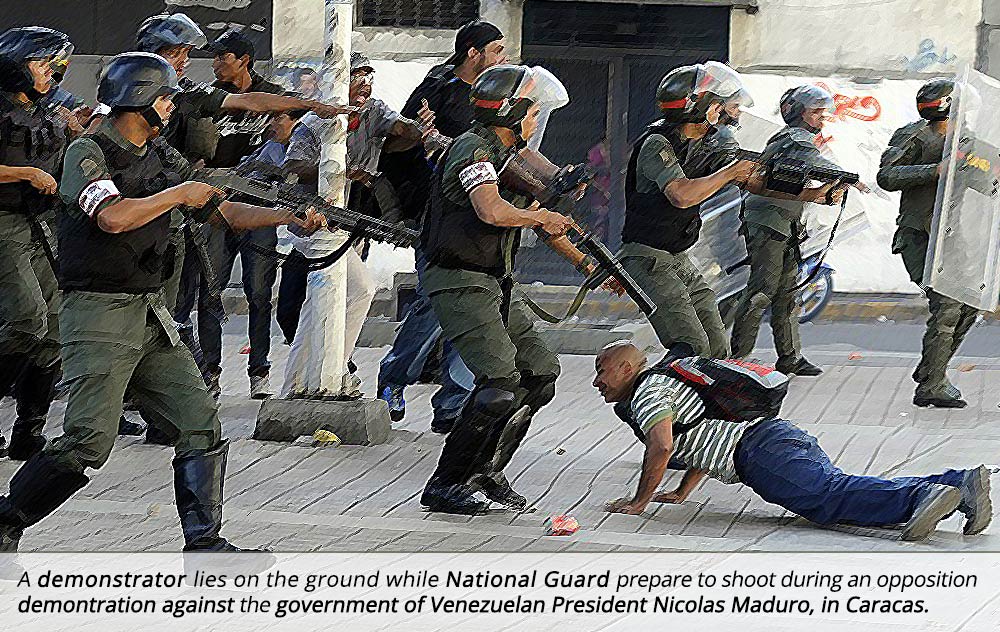“Are you proposing taking away their guns?”
“I am,” replied former Texas Congressman Robert Francis “Beto” O’Rourke to ABC World News Tonight anchor David Muir’s question. If, anyway, “it’s a weapon that was designed to kill people on a battlefield.”
“Hell, yes,” he added, later in last week’s Democratic presidential debate.
“We’re going to take your AR-15, your AK-47.”
Yesterday, I noted that U.S. Senator Kamala Harris seemed oblivious to any consideration of the constitutional rights of citizens to “bear arms.” Today, consider the constitutional work-around both Democrat presidential contenders support. You see, when they talk about confiscating your guns, they do not intend to go to all the hard work of changing the law of the land. They plan, instead, merely to change the High Court — something the president, with a majority of Congress, can do — and have the new justices re-visit the legal interpretation.
O’Rourke “spoke openly after launching his run,” informs Politico, “about expanding the high court to as many as 15 judges.” Fox News reported that he “is open to making drastic changes to fundamentally reshape the Supreme Court — essentially court-packing, with a twist.”
The “twist” is the scheme that I wrote about in March. In a bizarre nod to bipartisanship, O’Rourke would have Republicans select five justices, Democrats select five more, and then have those ten judges select yet another five.
Only tradition and public opinion have kept the highest court in the land from previous hijackings.
Is Republican opposition all that stands in the way now?
Gives a whole new meaning to the question: Are you packing?
This is Common Sense. I’m Paul Jacob.

—
See all recent commentary
(simplified and organized)










